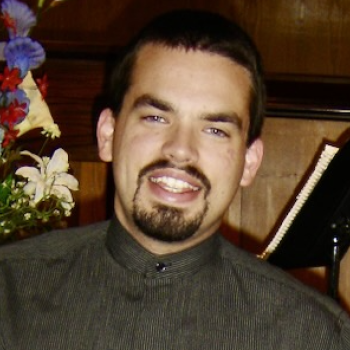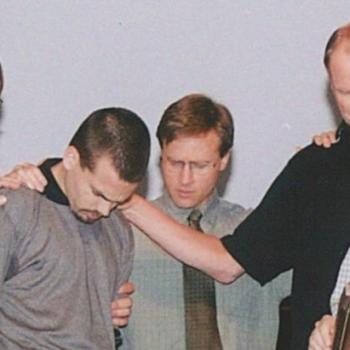Love is not required for any other job (at least that I can think of now). An office worker doesn’t have to love their supervisor. A carpenter doesn’t need to love the foreman. An executive doesn’t need to love their staff. A doctor doesn’t need to love their patients. A teacher doesn’t have to love their students. A pastor? They have to love their people.
Loving the people you work with makes any job easier. You’re happy to take instructions from a boss you love. You’re even happier to take instructions from a boss who loves you (in an appropriate and non-creepy way). You’ll go the extra mile for a patient, student, or even a customer if you love your job. But, you’re delighted to go the extra mile for someone you love.
Love helps in any workplace, but is required for ministry.
A church consultant shared about a time he was working with a church search team. They were drafting a job description and afterward he asked, “What if I could find you a candidate who was everything on your list, but didn’t love you? Would you want to hire a perfect practitioner or a loving pastor?” We know what they picked. They picked what we would. They chose love. They wanted a loving shepherd not a tactically perfect pastor.

Ministry is relational. We do it because we love God, and we love God’s people. We want what’s best for them. We’ll meet them outside of office hours because we’re not professionals – we’re pastors! We sit with them at hospital because we care. We’re invited in to messy houses and rooms with red puffy eyes to pray over someone who is dying. Why? Because we’re polished preachers? No, because we love our people and our people love us.
Even the terms people use in ministry are relational. A priest I knew used to introduce himself using the title, “Father.” It was as if he expected everyone, including non-believers, to address him as “Father.” Another priest and I were discussing this at coffee (maybe it was gossip). He too observed that this felt odd because, “Father is a term of relationship. It’s a gift that someone gives to you, not something you require.”
He’s right. We have titles for people we are supposed to respect, but we have nicknames and relational names for those we love. For a season the students at our church called me, “Uncle Weston.” (It’s a long story.) I loved it! I knew that whoever called me that was someone I knew and loved, and I knew that they loved me.
It’s a dangerous, high, and holy calling we have in ministry. This position has been used to use and abuse others. We must come into it carefully and with full conviction that we are lovingly acting in the best interest of our people. They become “our people” if we love them.
Do you love your people? Do you want what’s best for them? Or are they just a step to the next place? The bigger church? The more resourced ministry? Love doesn’t use people. Love values people and cares for them. Love makes sure that when we do anything we do it for them, not ourselves.
For further thought for those in ministry…
- Do you love your people? Do you want what’s best for them? Or are they just a step to the next place?
- If you have conflicted feelings about doing or saying something ask this question, “Who am I doing this for?”
For further thought if you’re considering ministry…
- What is drawing you to ministry?
- When you picture ministry, what do you see?












